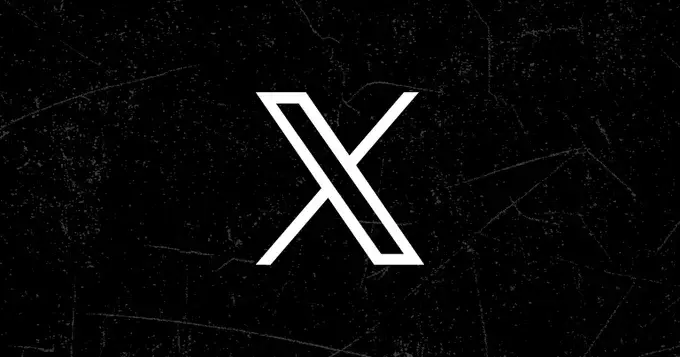Elon Musk’s social media platform, X, is currently navigating a turbulent landscape of political unrest and government demands, particularly in Turkey. Tensions are escalating as the Turkish government intensifies efforts to suppress dissenting voices, raising critical questions about the obligations of social media companies to uphold free speech while balancing business interests and safety concerns. Musk’s strategies in dealing with these complexities reveal a paradox at the very core of X’s operations, particularly when considering the stark contrast between its actions in Turkey and its responses in other countries such as Brazil and India.
Turkish Government’s Crackdown on Dissent
The recent arrest of Istanbul Mayor Ekrem İmamoğlu, a prominent opposition figure, is a lightning rod that has electrified protest movements across Turkey. The government’s swift aim to quell the unrest suggests a calculated strategy to dismantle any channels that might aid protest activities, particularly through social media. Reports indicate that various accounts associated with university activists were suspended, prompting concerns about the implications for civic engagement and the health of democracy in Turkey. These grassroots activists, sharing crucial information about protest locations and strategies, are at risk of being silenced, which not only curtails individual expression but also hinders collective action.
X’s Uneven Response to Government Requests
X’s compliance with governmental requests, especially in the context of Turkey, raises ethical questions about the platform’s role as a purported bastion for free speech. Musk previously defended content restrictions, stating that if X did not comply, it risked being banned. However, this rationale doesn’t consider the broader consequences of such censorship on democratic discourse. The ongoing action against dissenting Turkish voices starkly contrasts with how X has pursued legal avenues in countries like India and Brazil, where user rights were equally threatened.
In Brazil, for instance, X faced a temporary ban due to its refusal to comply with a court order, demonstrating a level of resistance to governmental overreach that hasn’t been mirrored in Turkey. Critics point out that the selective adherence to local regulations paints a troubling portrait of inconsistency—a manifestation of prioritizing business interests over the fundamental principle of free expression.
Business Relationships: The Hidden Influence
One cannot ignore the possibility that Musk’s business dealings influence X’s approach to governmental demands. The relationship with Turkish President Recep Tayyip Erdoğan is notable, particularly as discussions emerge about building a Tesla factory and launching projects such as Starlink in Turkey. Such ventures understandably put Musk in a delicate position: if relations with Erdoğan deteriorate, it could jeopardize his expansive business goals. This undercurrent of mutual benefit prompts a reevaluation of how ethical considerations can be overshadowed by corporate interests, especially in regions where socio-political conditions are volatile.
It is essential to question whether X’s reluctance to push back against government censorship stems from fear of repercussions that might endanger lucrative deals. As businesses navigate the complex interplay between compliance and advocacy, the risk of fostering an environment rife with self-censorship looms large.
Defining ‘Free Speech’: A Corporate Dilemma
Musk’s own proclamations about prioritizing free speech become increasingly ambiguous in an environment marked by selective compliance. The term “free speech” takes on multifaceted meanings, influenced by geographical realities and political pressures. In Turkey, the restrictive approach raises critical doubts about whether the platform can legitimately champion free expression while yielding to government dictates. This situation firmly presents a corporate dilemma—when does the need to operate within a legal framework conflict with the ethical obligation to protect free speech?
This inconsistency not only undermines trust in X but also poses a broader concern about how social media companies define their responsibility to their users. If an emphasis on profit margin compels them to capitulate in specific regions, what does that suggest for users globally? Should users trust a platform that bends to authoritarian pressures, thus shaping their user experience around limitations rather than liberties?
The Future of X Amidst Changing Contexts
As X continues to grapple with these inconsistencies, its future as a narrative of free speech may be in jeopardy. Users are increasingly aware of the platform’s selective behavior in navigating censorship, and this growing scrutiny could play a role in shaping how future engagement unfolds. Public trust hinges on transparency and accountability, factors that are increasingly pivotal in retaining a user base that values open communication.
In the backdrop of geopolitical maneuvering, X must chart a course that balances commercial ambitions with an unwavering commitment to the tenets of free speech, or risk becoming just another tool of governmental suppression rather than a platform for authentic discourse.

